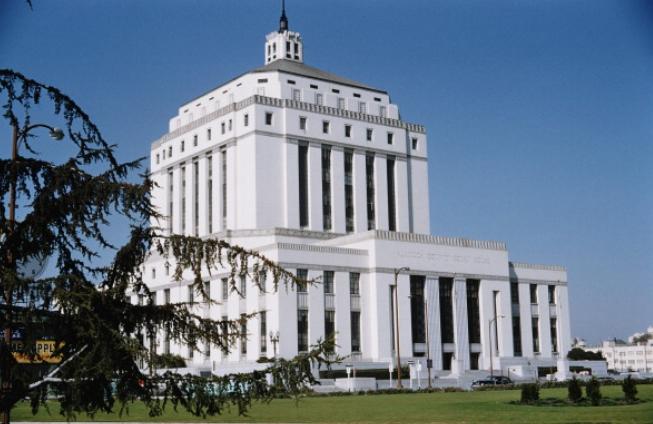GSK settles first jury trial in Zantac litigation

GSK has opted to settle a key lawsuit in its defence against claims that its Zantac drug caused cancer, rather than proceed with a jury trial.
The company said this morning it had reached a “confidential settlement” with James Goetz, the plaintiff in a trial that had been due to start in a California court on 24th July.
The decision to settle was taken to “avoid distraction related to protracted litigation in this case,” according to its statement. GSK added that it “does not admit any liability in this settlement and will continue to vigorously defend itself based on the facts and the science in all other Zantac cases.” Shares in the company were up more than 5% at the time of writing.
Previously, GSK was unsuccessful in its efforts to stop the jury trial from going ahead in the California court and block testimony from more than a dozen expert witnesses called by the plaintiff. The setback was interpreted as opening the way for thousands of other cases to be brought in state courts.
Goetz’s case is the bellwether out of roughly 5,000 that have been consolidated to appear before Judge Evelio Grillo at California’s Superior Court in Alameda, and the first jury trial that had been scheduled to be heard in the US. Others are pending in Illinois, Pennsylvania, and Delaware.
All the complaints stem from claims emerging in 2019 that Zantac (ranitidine) or generic versions caused cancer and other illnesses as a result of contamination with a carcinogen called NDMA, which were subsequently shot down after investigations by regulators including the FDA and EMA. Nevertheless, the drug was pulled off the market in 2020.
There had been speculation initially that GSK and other companies involved in the sale of ranitidine-based products could face billions of dollars in settlement costs. Since then, however, some key legal judgments have gone their way, including a US federal court ruling in December 2022 that found no reliable evidence that Zantac causes the alleged injuries and kicked out around 50,000 federal claims.
That was followed in May by a supreme court ruling in Canada that concluded that there was clear evidence that neither ranitidine nor NDMA is associated with cancer risk.
The US federal court ruling is still open to appeal, but the defendants maintain that the verdict has significantly reduced the scope of the litigation. However, that judgment has no bearing on the many thousands of cases like Goetz’s that are being pursued in state courts.
Sanofi and Pfizer, who were also named in Goetz’s suit, settled their cases with him last year and also declined to reveal the sums paid.












